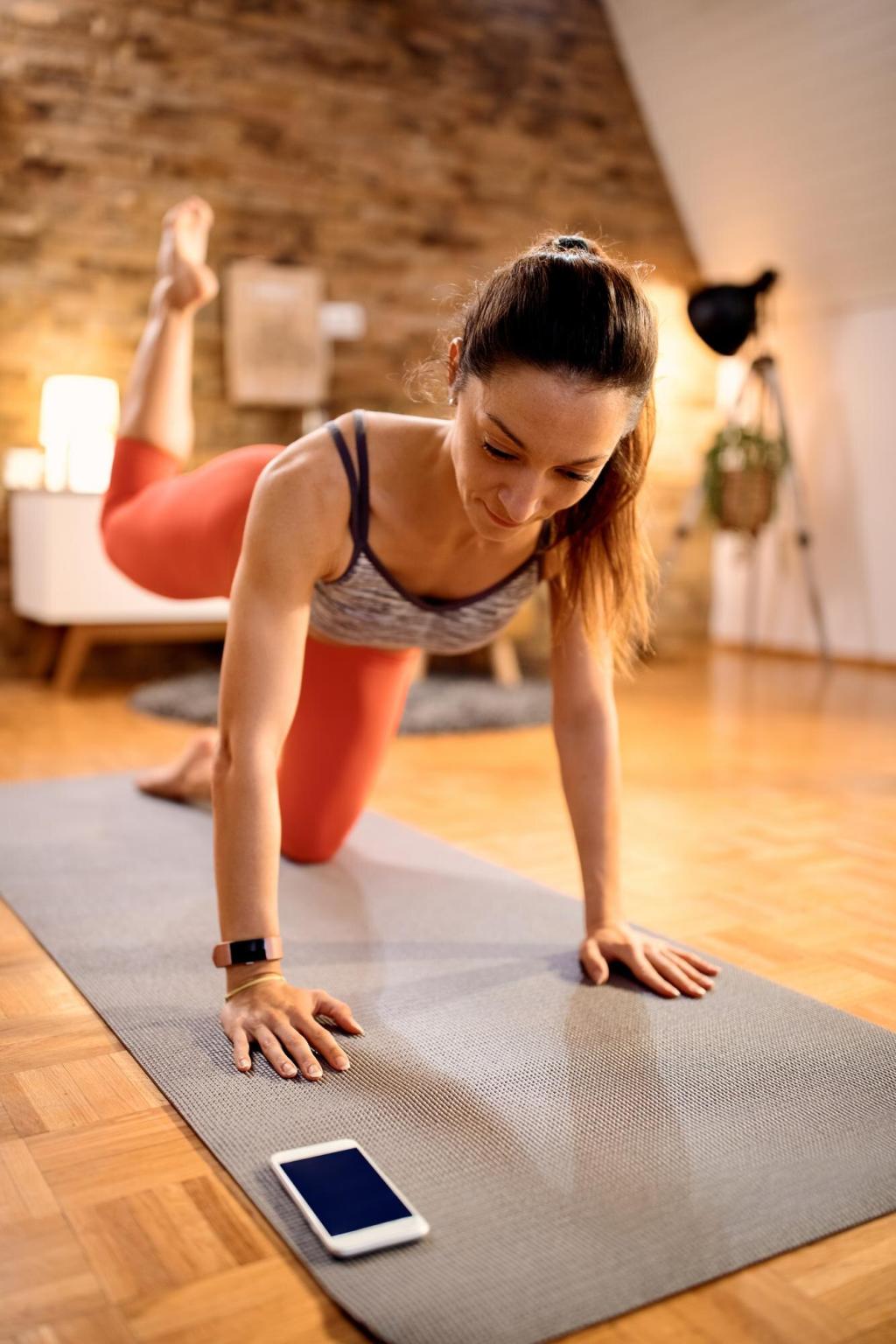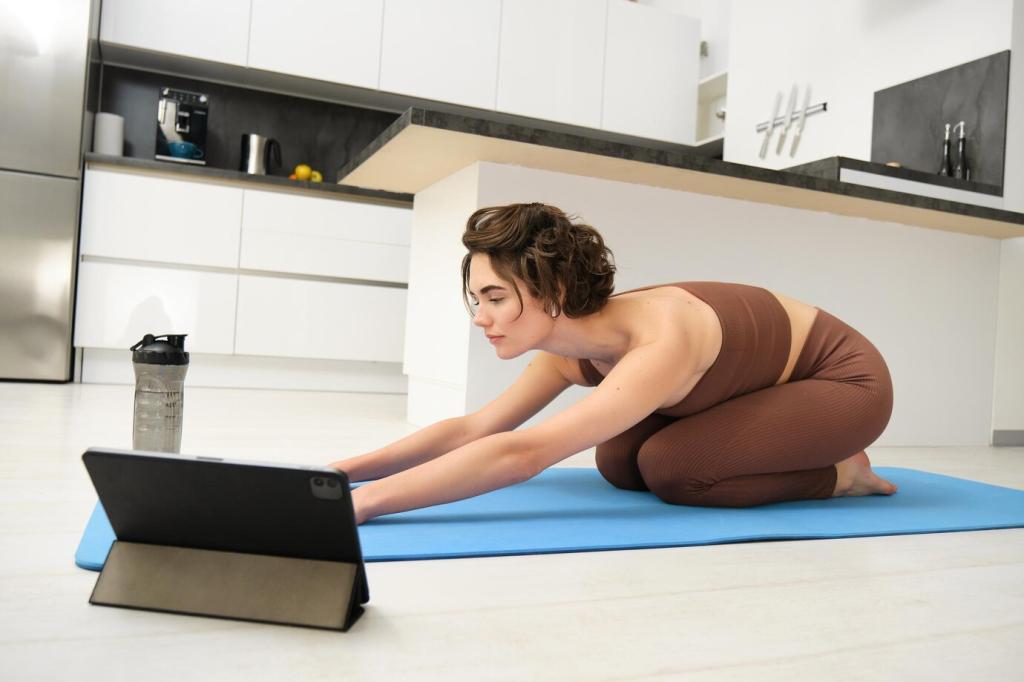Stronger Days, Softer Steps: Low-Impact Home Workout Plans
What Low-Impact Really Means (And Why It Works)
The Joint-Friendly Principle
Low-impact means at least one foot stays on the ground, minimizing joint load while keeping intensity flexible. Studies show consistent low-impact exercise can improve cardiovascular fitness and reduce injury risk. Comment with your current comfort level so we can suggest ideal starting steps.
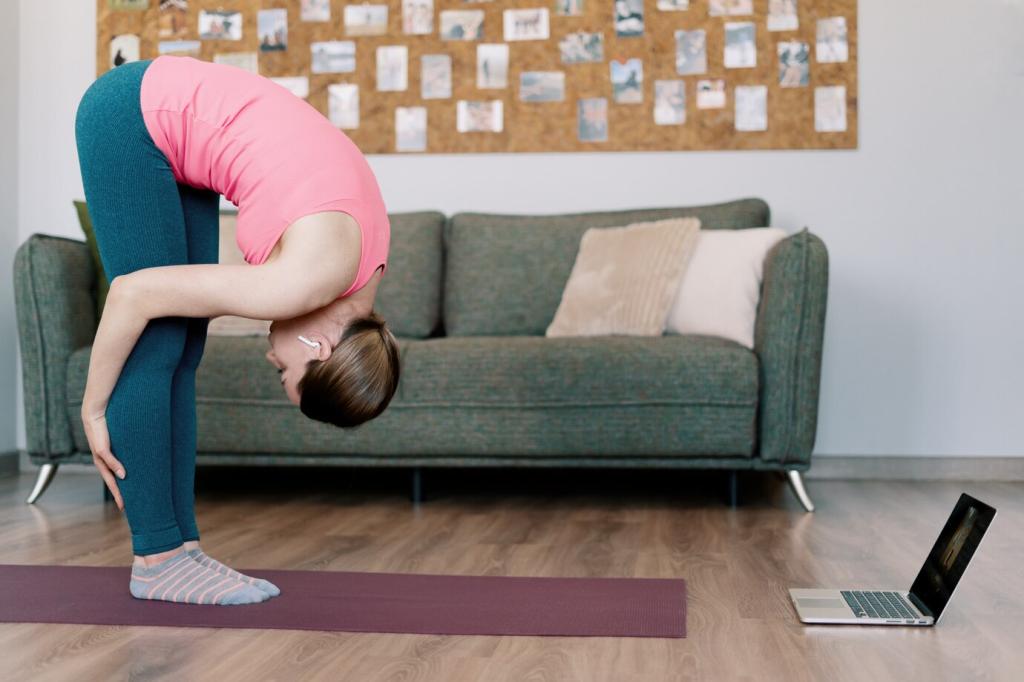
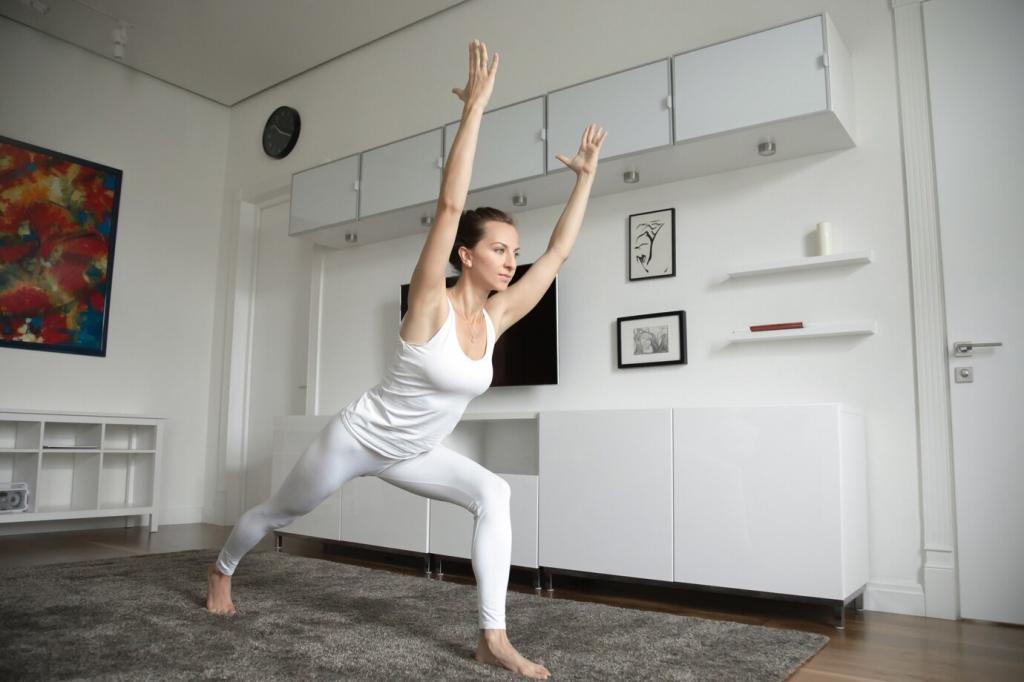
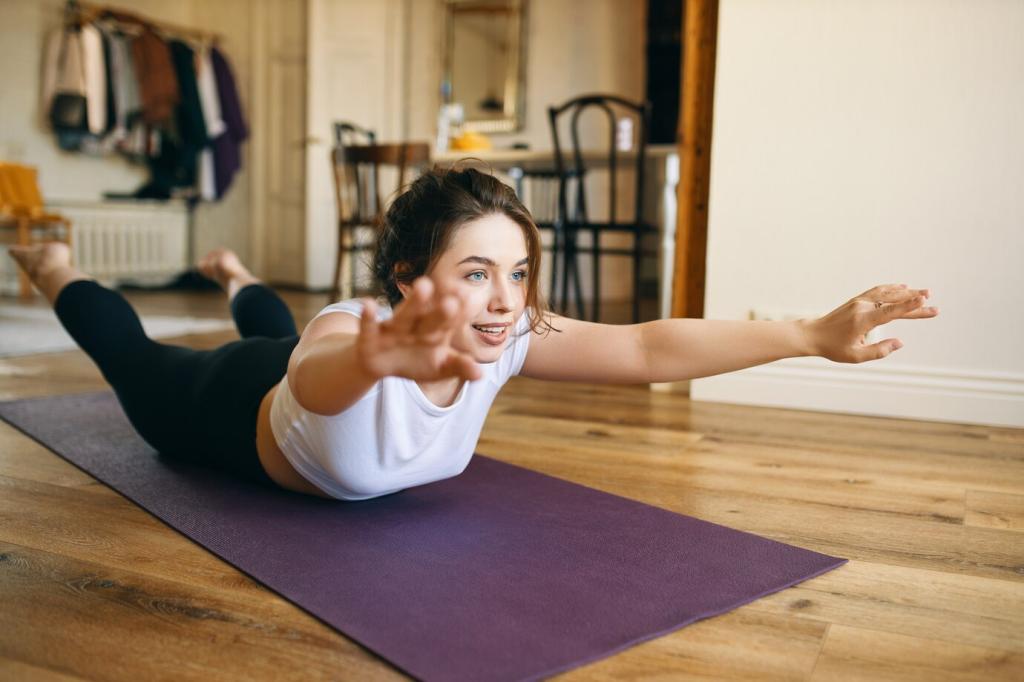
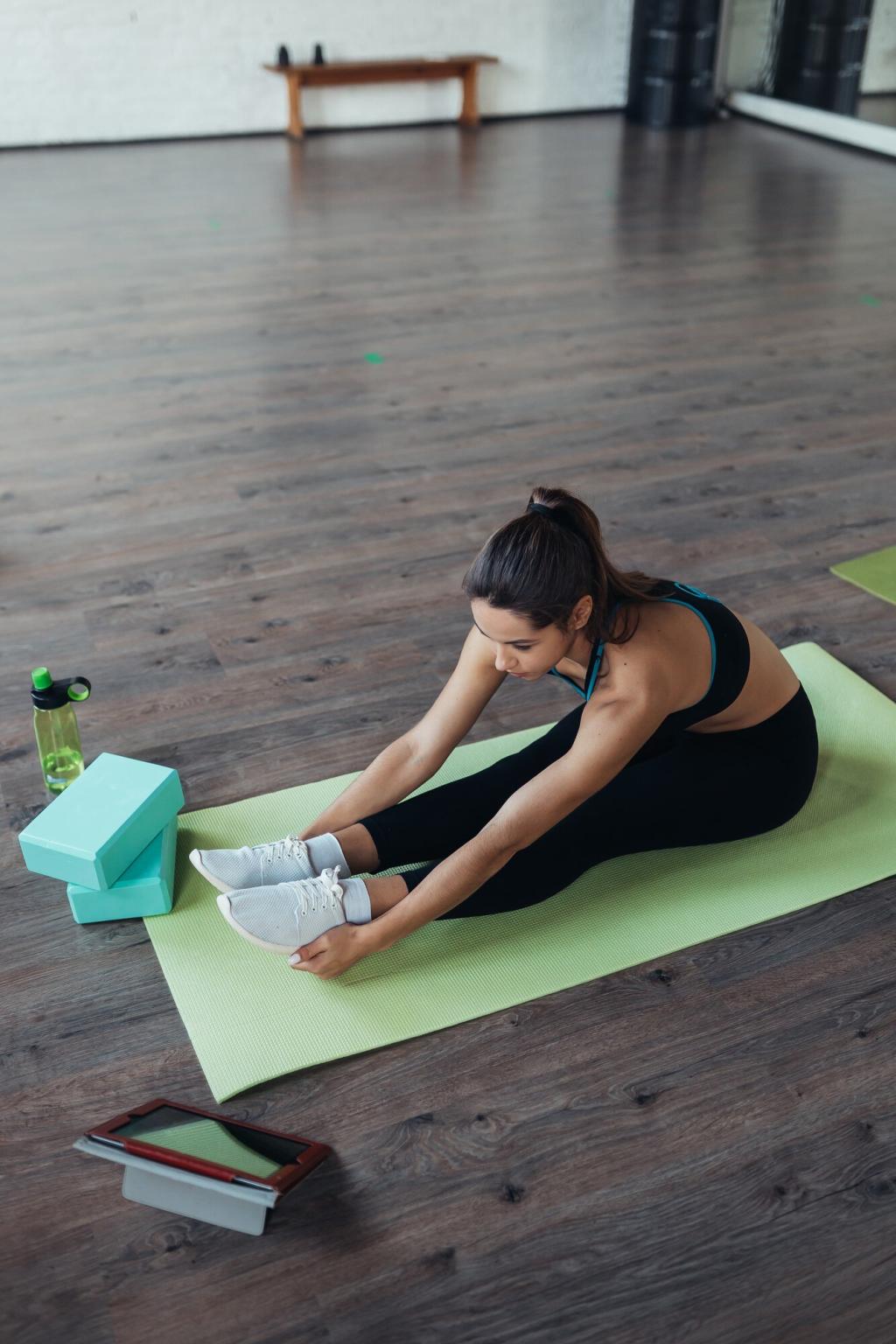
Chair Squat Mastery
Plant feet hip-width, hinge at hips, keep knees tracking over toes, and lightly tap the chair before standing tall. Drive through heels and brace your core. Record a squat video and ask for feedback—we love form checks.
Glute Bridge Alignment
Feet under knees, ribs stacked, squeeze glutes to lift without overarching your lower back. Pause at the top and breathe. Comment if you feel hamstrings more than glutes; we’ll share cues to shift activation.
Wall Push-Up Progression
Stand arms-length from a wall, hands under shoulders, body in one line. Lower with control, exhale as you press. Step feet back to increase challenge. Tell us how many clean reps you hit today to track progress.
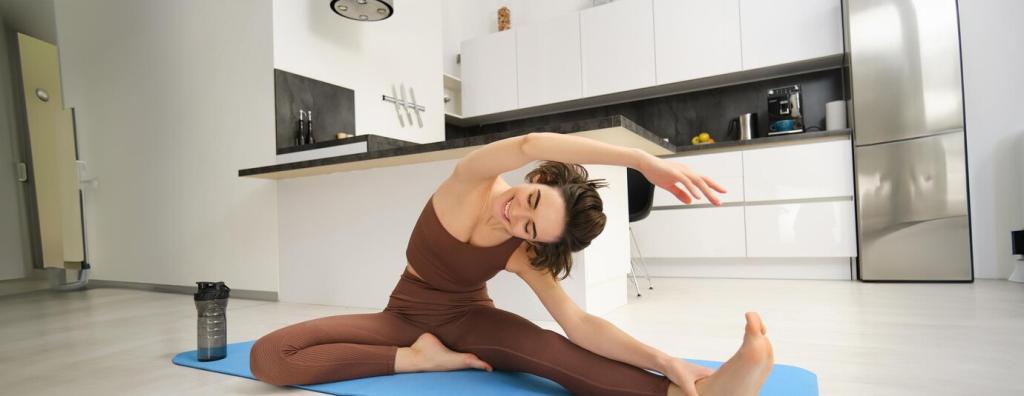
Cardio Without the Crash
Alternate one minute brisk marching with one minute easy pace for 20 minutes. Swing arms, lift knees gently, and maintain tall posture. Share your favorite hallway or living-room route and your step count after finishing.
Mind–Body Gains: Breathe, Align, Recover
Inhale four counts, hold four, exhale four, hold four. This pattern calms nerves and sharpens focus before strength circuits. Comment how your RPE changes when you add breathing between sets.
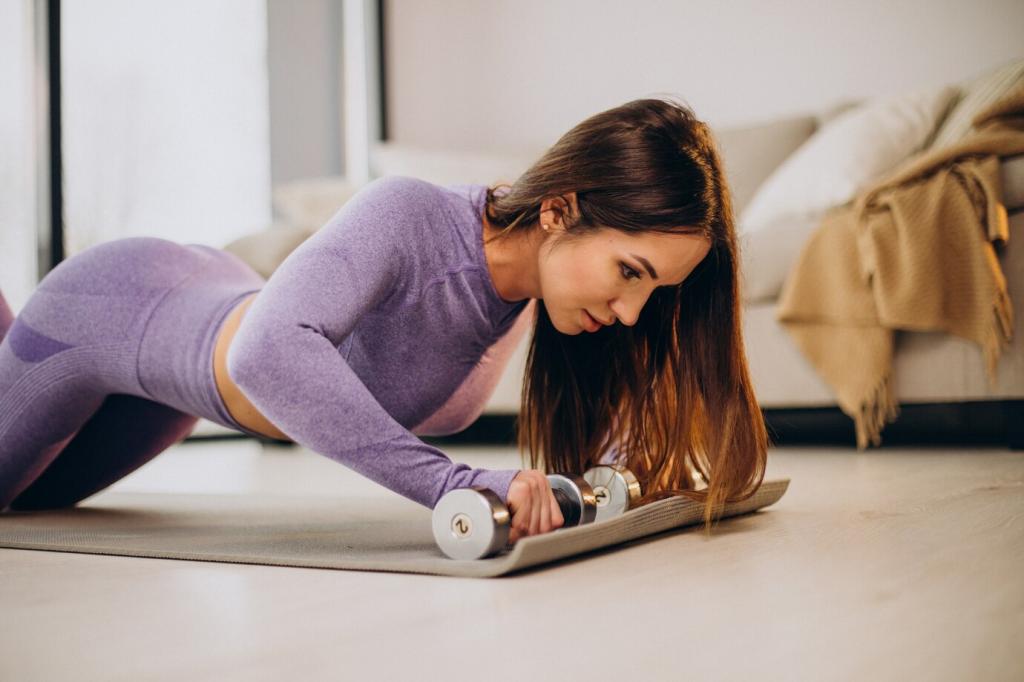
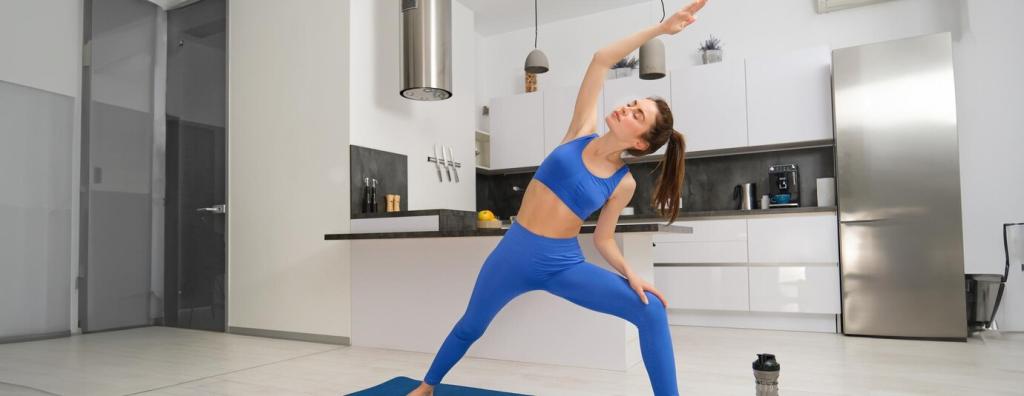
Week 1: Trusting the Process
Maya started with wall push-ups, marches, and bridges, tracking a gentle RPE 5. She journaled stiffness and energy daily. Share your Day 1 feelings—nervous, excited, both? You’re not alone.
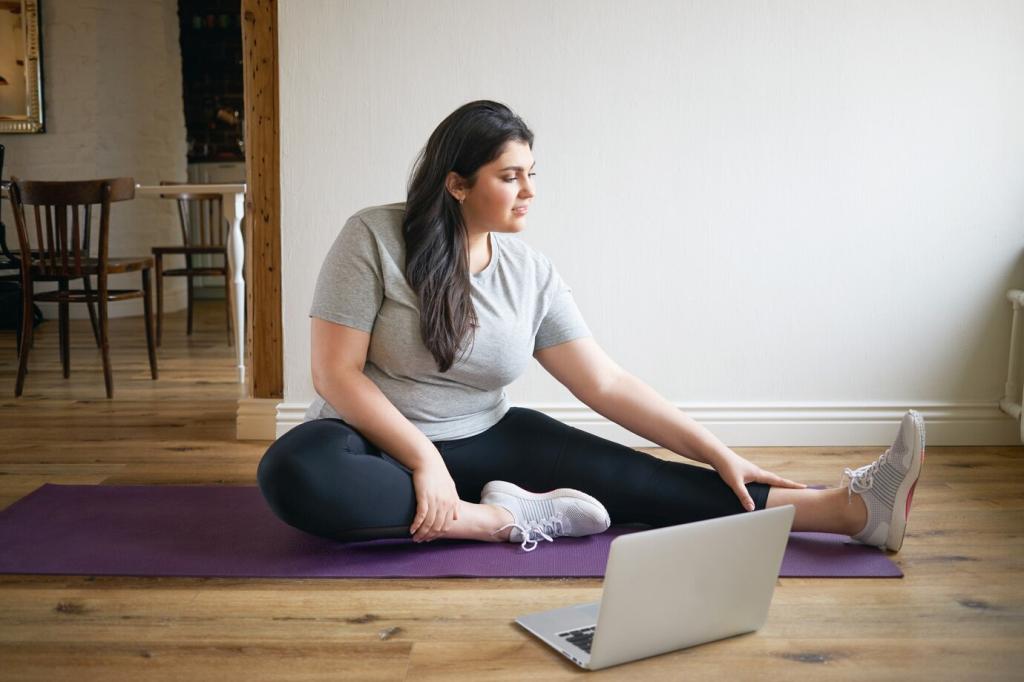
Week 4: Confidence Compounds
She added chair squats and light band rows, walking intervals four days weekly. Stairs became easier, sleep improved, and pain stayed minimal. Comment your first noticeable win so we can celebrate with you.
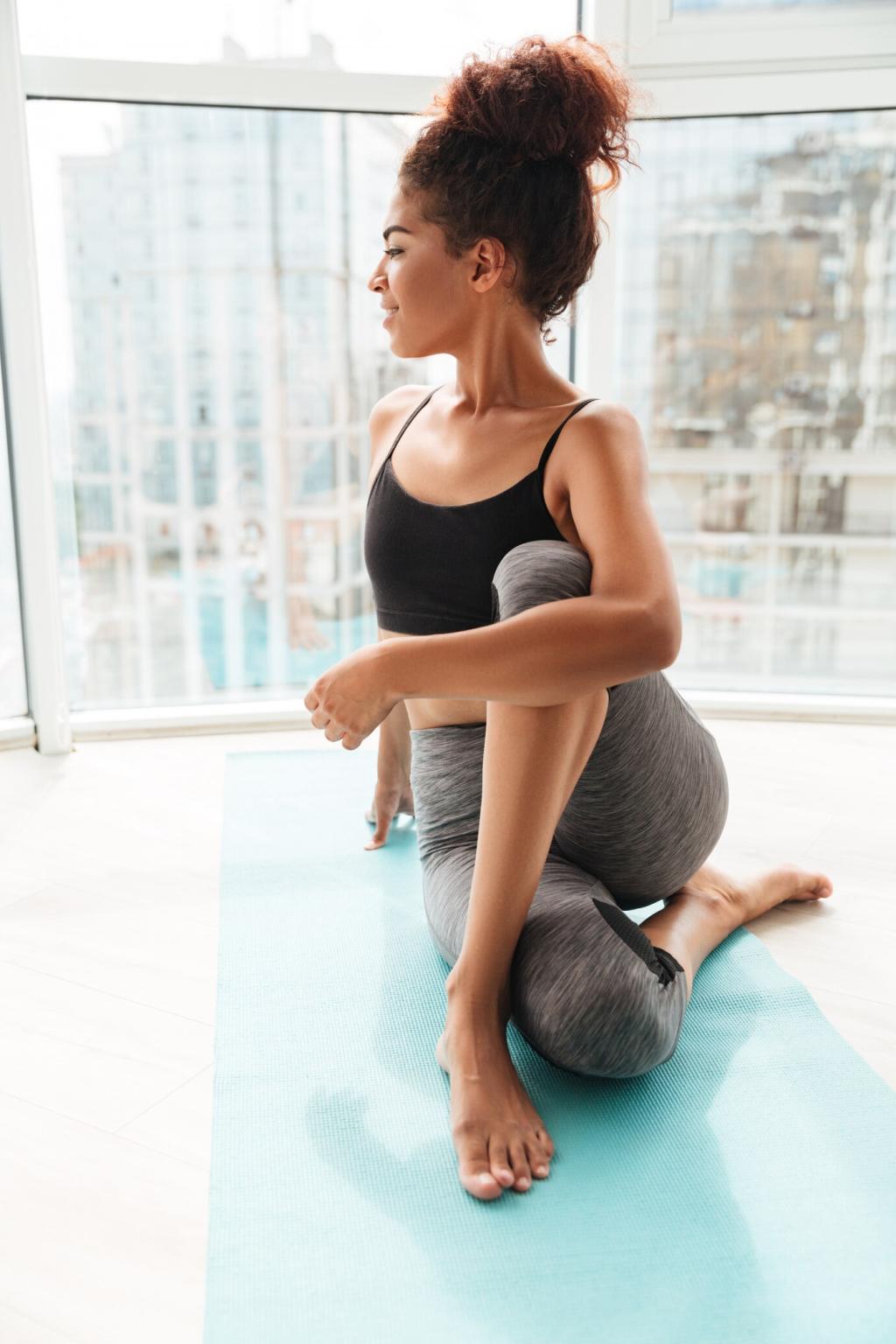
Week 8: Sustainable Momentum
Maya hit 25 consecutive sessions, using rest days wisely. Her ankle felt stable, and she danced at a family party without worry. Subscribe for her exact playlist and progression logs to mirror her success.
Progress You Can Feel and Measure
Use RPE, weekly session count, and a two-minute march test to gauge improvements. Keep notes on sleep and mood. Share your baseline today and return in two weeks to post your updated results.
Progress You Can Feel and Measure
Pair workouts with existing routines: mobility during coffee brew, marches while podcasts play, cooldown before shower. Small anchors keep momentum alive. Tell us which habit stack you’ll try this week.
